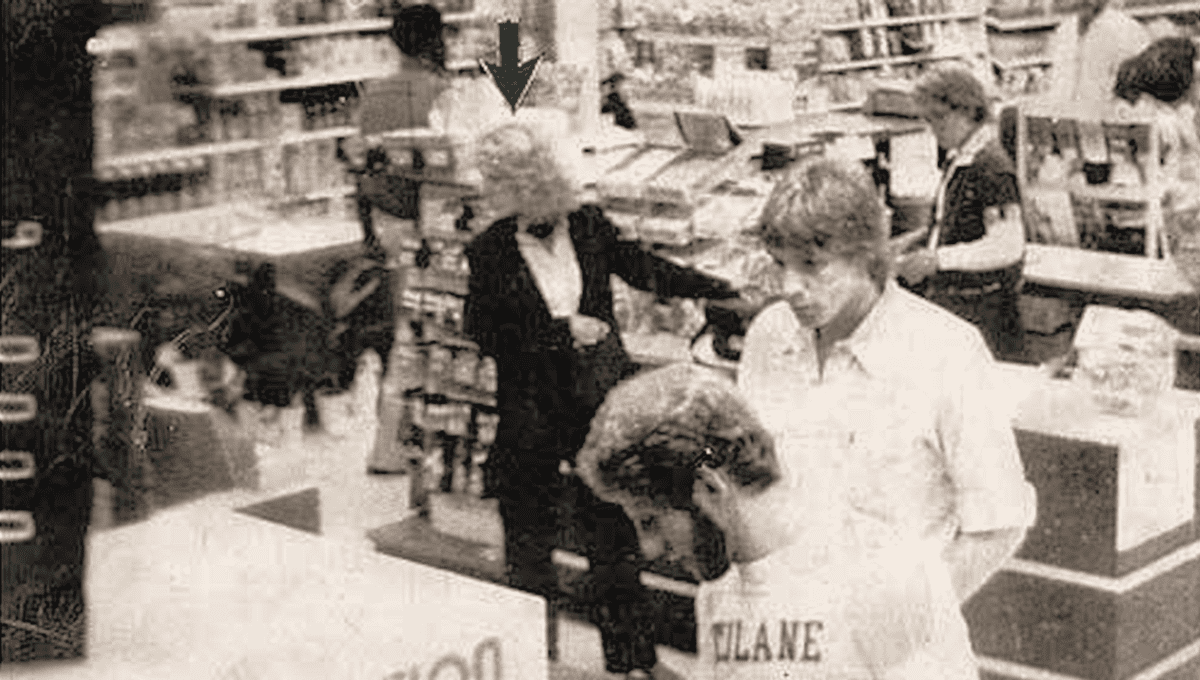
Police appear to be investigating the so-called “Tylenol murders“, an as-yet unsolved case that saw seven people killed after taking Tylenol capsules that had been laced with cyanide, 40 years on.
On September 29, 1982, a young girl in the suburbs named Mary Kellerman woke up with a sore throat and a runny nose and told her parents of her symptoms. They gave the 12-year-old an extra-strength Tylenol, a brand of acetaminophen (paracetamol, if you’re British). Across town, 27-year-old postal worker Adam Janus also took a Tylenol for an unknown complaint. Both died shortly afterward of cyanide poisoning.
Later that day, the family of Adam Janus met at his home following his death – which at that point they believed to be due to a heart attack. Here, his brother and sister-in-law both developed headaches and took Tylenol from Adam’s supply, which was also tainted with cyanide. Within two days, both of them were also dead.
Police had not yet made a connection between the Tylenol and the deaths, and wouldn’t before three more people died in similar circumstances over the next few days. By testing vast amounts of the drug from pharmacies across the US, they determined that whoever was tampering with the drug was doing so after the drug had left the manufacturers, and the attack was limited to the Chicago area. They were likely taking capsules off the shelves at pharmacies, injecting the gel capsules with the cyanide before resealing the packages. The tampered bottles smelled of almonds – characteristic of cyanide.
The police and FBI were short on leads, but then Johnson & Johnson – manufacturers of the Tylenol – began receiving letters, generously offering to stop the killings in return for $1 million.
Eventually, James W. Lewis was identified as the letters’ author due to fingerprints found on them, and was then found guilty of extortion for the letters and sentenced to 20 years in prison. However, he was not prosecuted for the actual murders. It was believed that he had sent the letters – ordering that the ransom be paid to the bank account of a defunct company his wife had formerly worked for – in order to try and frame Frederick Miller McCahey, his wife’s old boss.
Investigations into the murders were complicated by potential copycat poisoners two years later, and the crime remains unsolved to this day.
However, as reported by CBS, police have recently begun collecting and testing DNA related to the case, as it investigates three members of the Janus family who were killed by the laced Tylenol capsules.
Laura Morgan – whose mother, Linda Morgan, bought a poisoned Tylenol pack but did not take it – has had her DNA tested by the police, according to a Freedom of Information Act request by CBS. This, according to the police, is so that investigators can identify Linda’s DNA when looking at the bottle.
“I’m assuming there’s got to be some other DNA on that bottle,” Laura told CBS. “They have something. If they need DNA, if they need my cheek swabbed, if they need evidence from the past people, from the past DNA, they must have something that they are running or retesting.”
In 2022, the police re-interviewed Lewis, but just like with the new DNA tests they are tight-lipped about the purpose of the interview. The Arlington Heights Police Department (AHPD) in Illinois said that tests had been to eliminate the DNA of those who had come into contact with contaminated items, and would not comment on any new angles of investigation.
Would it be possible to find DNA evidence related to the case? Though DNA degrades, it may still be possible to identify suspects all these years later.
“If you’re asking me, can you touch something and then get enough DNA to identify somebody?” Kristen Mittelman, chief development officer at Othram, a firm that tests DNA for the police told CBS.
“Yes. It doesn’t matter if it’s a pill bottle, a gun, a bullet, anything. You can. And it’s been done.”
The case actually prompted a change to how drugs were packaged, to ensure that pills would not be tampered with so easily again. Six months after the murders, Johnson and Johnson created triple-sealed packets, and later favored solid caplets over the type which were injected with cyanide. The US Food and Drug Administration, meanwhile, regulated packaging to make it tamper-resistant, forever changing how medication is sold in America.
Source Link: Police Appear To Be Reinvestigating The Tylenol Murders, Ordering New DNA Testing